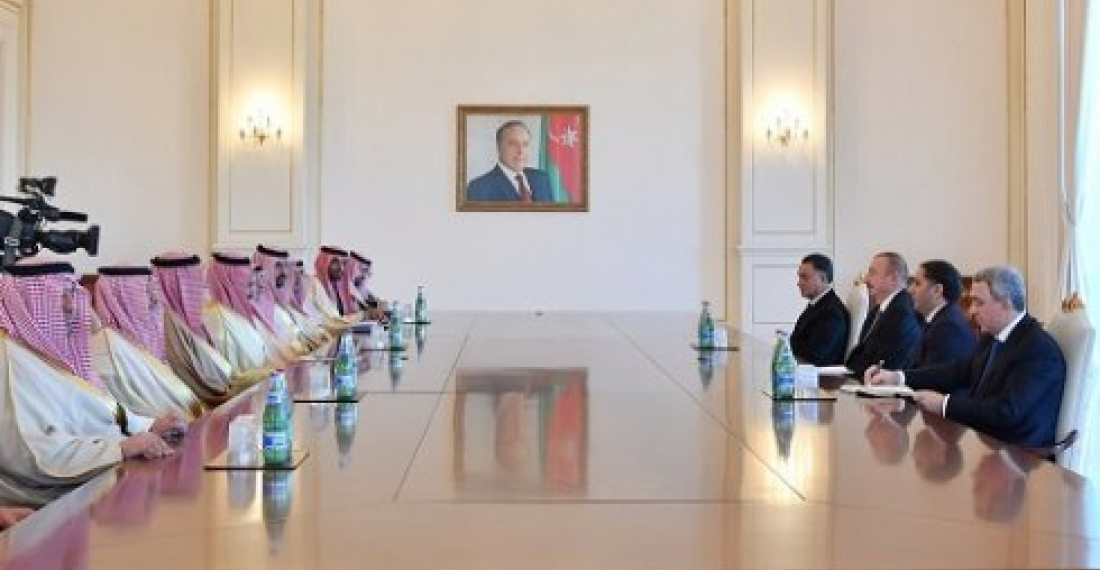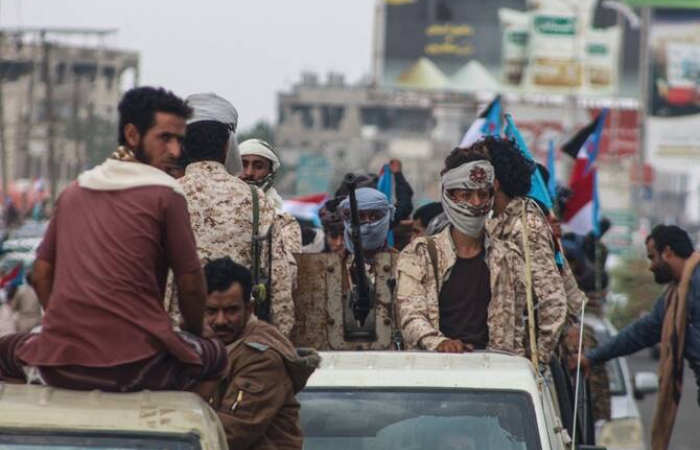Editor's choice
This is a members’ functionality. Please
Sign upNews
Trending
STC announces two year transitional period and referendum ahead of self-determination for South Yemen
3 January 2026
Tensions remain high in South Yemen, one week after an unprecedented rift between Saudi Arabia and UAE, as a result of which UAE withdrew its forces from Yemen.
On Friday (2 January), the UAE backed Southern Transitional Council (STC), an umbrella of groups in the South, announced a two-year transition period leading to a popular referendum and self-determination for the South.
The announcement came after political tensions spiraled into clashes on the ground as Hadhramaut's governor, backed by the Presidential Leadership Council (PLC) chief, launched a military operation to retake STC-held positions.
The STC said the transitional period would be used to agree “a clear path and mechanisms that guarantee the right of the southern people within a defined time frame”. Its statement added that the process would include a referendum regulating the exercise of the southern people’s right to self-determination, through peaceful and transparent mechanisms consistent with recognised international rules and practices, and with the participation of international observers,” the STC said.
It said the move was based on a popular mandate and growing risks facing the political partnership in Yemen, warning that failure to address southern demands could lead to further instability.
The STC also called on the international community to play a direct role in overseeing dialogue between the parties “south and north” to ensure the process remains peaceful and time-bound.
STC Vice President Ahmed bin Breik responded by called for a “general mobilisation of the southern people” to confront what he described as a “coming invasion”. Hours later, a spokesman for forces within the STC said “brave fighters of southern armed forces succeeded in repelling a large-scale attack”.
It was not immediately clear where the attack took place or whether it resulted in casualties.
The Hadhramaut governor, who has been out overall in charge of coalition forces in the region, later said that forces took control of the camp of the 37th Brigade, the largest in the province.
It is also understood that Saudi Naval Forces have been active in the Arabian Sea.
The STC, which seeks the restoration of an independent South Yemen, took control of Hadhramaut and Mahra from other pro-government forces, effectively consolidating its grip over all southern governorates.
It said the developments followed the failure of other pro-government factions to launch a serious campaign against the Houthis in their northern strongholds, including the capital, Sanaa.
Saudi Arabia, which hosts senior Yemeni government and PLC figures, condemned the STC’s takeover. The kingdom has led the anti-Houthi alliance since 2015, with the UAE playing a key role in the south
Tensions took an unprecedented turn this week, marked by a Saudi strike on Emirati armoured vehicles in the southern port of Mukalla. In the meantime, Saudi Arabia’s foreign ministry has invited factions in south Yemen to hold a dialogue in Riyadh to “discuss just solutions to the southern cause.”
The ministry statement said the conference in the Saudi capital had been requested by Rashad Al-Alimi, President of the Yemeni Presidential Leadership Council, and the Kingdom urged all factions to participate “to develop a comprehensive vision” that would fulfill the aspirations of the southern people.






